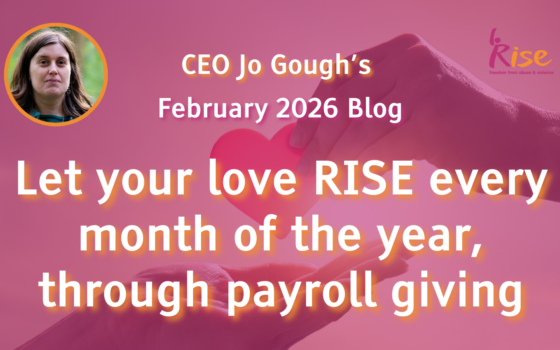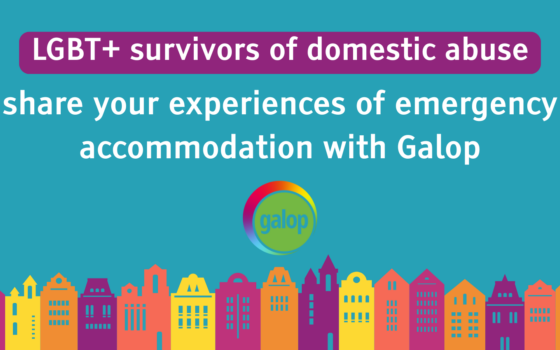“I was delighted to see that Keep Counselling Confidential, a campaign jointly run by Rape Crisis England & Wales, Centre for Women’s Justice, End Violence Against Women Coalition, and Rights of Women, won the Sheila McKechnie Foundation ‘ Campaign of the Year’ Award in June this year.
Every day, survivors of domestic abuse or sexual violence seek help from charities like RISE. They talk to our teams, who listen without judging, helping survivors both process what’s been done to them, and then rebuild their lives, their way.
Often, the counsellors and therapists take notes - sometimes during sessions, and sometimes later. These notes help the therapist keep track of what’s been talked about. The notes can help therapists make sure they’ve understood what was discussed. They are not a record of the survivors' experiences but a record of the conversations about those experiences.
It’s common for survivors to talk about their experiences in a non linear, or jumbled up, way. The human mind protects people from traumatic experiences, meaning that it’s common to have blank spots, to not remember the full details of assaults, or to not remember things in strict chronological order.
Our work doesn’t need a survivors’ story to follow a minutely accurate timeline to be effective. But those incomplete, messy, raw and truthful conversations could be weaponised when taken out of context and used for purposes they were never meant for. They could be read by the police, lawyers - even the perpetrator. Notes might include information that could compromise the safety of a survivor if shared with a perpetrator - their address, location, hangouts and habits.
Counselling and talking therapies can be a lifeline when people feel truly safe to share - fully - what’s on their mind. When they don’t, survivors might only tell half the story in a session, meaning they don’t get the help they really need - or they might delay getting help until after a trial, which could mean years of them living with trauma.
The #KeepCounsellingConfidential campaign pushed for a change in the law specifically around sexual violence, so that counselling notes could not be accessed easily in criminal cases.
Thanks to their work, since April 2024, new rules mean police can only ask for counselling notes if they genuinely believe the information will help the case in a very substantial way. We want to see this expanded, to include a right to confidentiality for survivors of domestic abuse, and in particular, those going through the Family Courts - we reported in October 2024 that we were seeing an increase in requests for case notes in these circumstances.
Work is being done now to bring the new rules into force. The Sheila McKechnie Foundation called this ‘a big win for survivors’ rights to privacy, justice and healing’ - we could not agree more."


